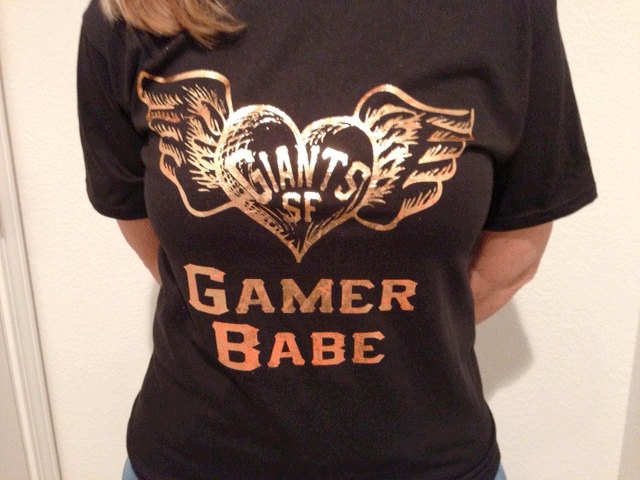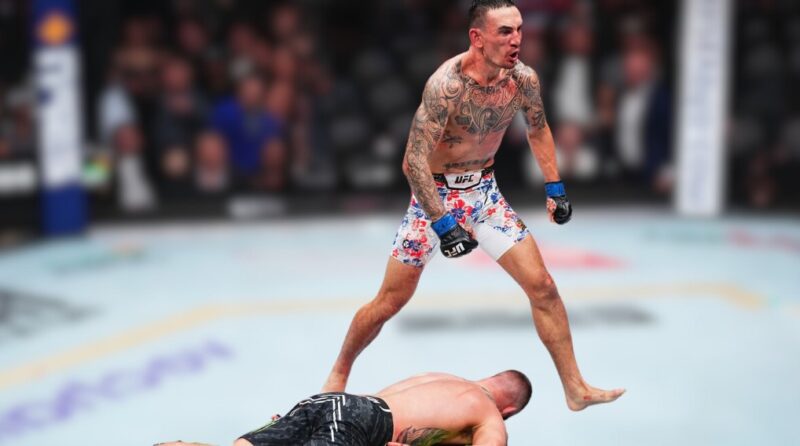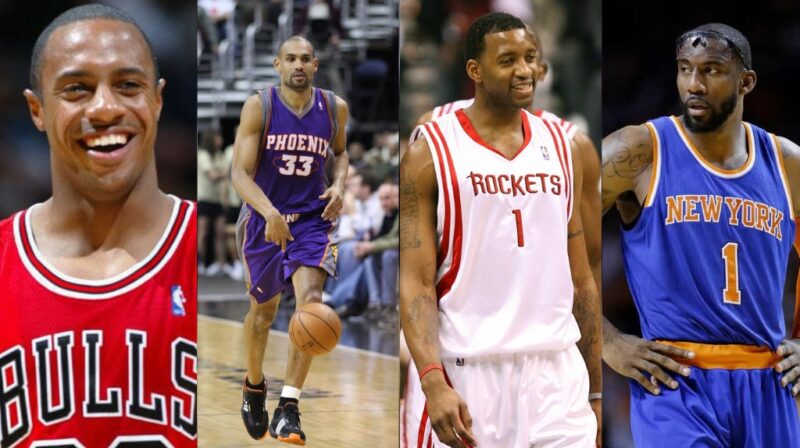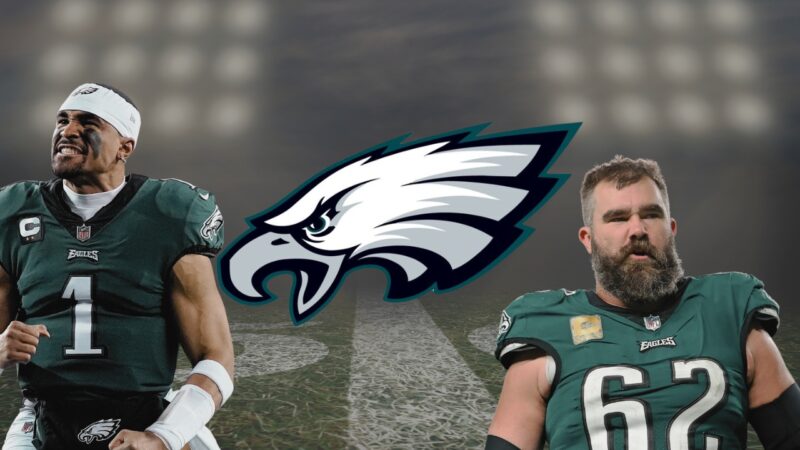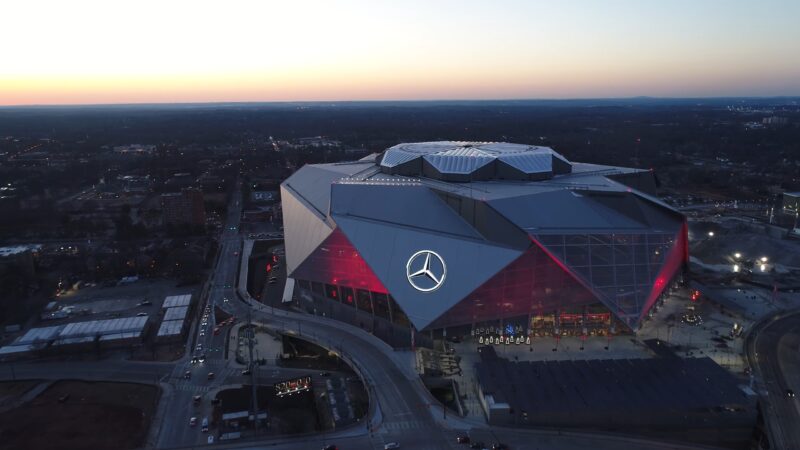This post has been retrieved from the Wayback Machine as a tribute to the OGs of theclassical.org. The original author of this post is WENDY THURM. Our intention in sharing this content is to honor the spirit and passion with which theclassical.org approached the world of sports, hoping to keep its legacy alive for both fans and readers.
The San Francisco Giants have a very particular problem with their broadcast team and their female fans. But it’s bigger than the Giants, and bigger than it seems.
Language matters. Words have meaning, often more than one. Sometimes the speaker means one thing but the listener hears another because words have histories and people have histories and those histories aren’t always the same. You speak and read, so you know this.
And you doubtless know, too, that sometimes a word that’s a term of endearment when shared among friends and family is something entirely different when used by strangers. For many women, words that evoke familiarity and closeness and intimacy feel threatening when spoken by men we don’t know. My husband calls me “sweetie” and “honey” and “babe” and I love it. For us, those words are short hand for “I love you, my best friend and life partner, and I still find you attractive and sexy.” But from a guy in a bar when I’m out with my women friends? Not so much. He doesn’t get to talk to me like that, because he doesn’t know me like that.
This is doubly true in a professional setting,. When I practiced law, I rarely – if ever – did hear them this way. Maybe I was lucky; law firms are not in any way immune to charges of sexism. Which, in a basic sense, is what this is: calling a woman you don’t know “babe” is demeaning and belittling and conveys the message that you have power over her and she is beholden to you. If that isn’t a definition of sexism – not the only one, surely, but real on the ground – I don’t know what is.
This isn’t a novel point of view, even if it’s not universally shared. There are men and women who find no fault with using – or being the subject of – such intimate names, although that doesn’t make it any less demoralizing to other women, and men. British reporter Laura Bates wrote about the language of sexism in 2012. The response was so overwhelming that she created a website – everydaysexism.com – to give voice to women who confront unequal treatment on an every day basis. The response to that website was so overwhelming that there’s now a book by the same name. It’s 2014, and we still have not figured any of this out. You know that, too.
***
My current workplace is often a clubhouse full of partially clothed athletes, and my job is, in part, to interview for a story. The whole process is strange and intimidating – I tell friends it’s like talking strangers who are wearing pajamas while hanging out in their living room – but if you want to talk to players for a story, the clubhouse pre- and post-game is the only option. I’ve been lucky, because I haven’t had a player call me “honey” or “babe” during an interview. Neither have I overhead other players referring to me in that way.
The women sports reporters who blazed the trail – who sought and often were denied entry into locker rooms and clubhouses in order to do their jobs – weren’t so lucky. They were called “honey” and “sweetie” and “babe,” on the good days. They were mocked and taunted and harassed by semi-naked athletes who saw their locker rooms as places to freely express their sexual dominance.
If I’ve been lucky, I’m not naïve enough to think that clubhouses and locker rooms are now enlightened environments. We need not look further than the clownish “debate” over how openly gay professional athletes will change locker room dynamics to know we have a long way to go in that area, although it’s telling how much more of the noise in that debate is coming from sports radio and sports television than from the athletes themselves.
But there has inarguably been some progress, here. I walk into a clubhouse today expecting to be treated no different than a male reporter, even if that turns out not to be the case on every occasion. Which makes it that much worse that watching a Giants game on television is so much more uncomfortable an experience.
When I watch San Francisco Giants games on TV, I cringe every time I hear color commentator (and former Giants pitcher) Mike Krukow call women fans “Gamer Babes,” which is a thing he does often. Well, not all women fans. The ones picked out by the broadcast producer and shown on TV: most often attractive women with pretty make-up, decked out in the best orange-and-black Giants gear. Rarely do we see heavy-set women or women keeping score; when we do, they’re not called “Gamer Babes.” This may vary on occasion, but I watch nearly every Giants game I don’t attend, and believe the above to be a fair representation of what we see during the broadcast.
The “Gamer Babe” meme appears to have started during the 2011 season, when the Giants broadcast showed four women sitting together and Krukow referred to them as Gamer Babes from Half Moon Bay, a seaside town about 30 minutes south of San Francisco. The women’s cell phones lit up with the news. They loved it, and showed up at subsequent games with signs reading “Kruk’s Gamer Babes from Half Moon Bay.”
This is where things get tricky. The women who were the object of the nickname embraced it, as did many other women; they started Tumblrs, Facebook pages, and Twitter accounts using the Gamer Babe theme. The team saw the enthusiastic response and jumped on the bandwagon, going so far as to schedule a Gamer Babe Day this season, where a special ticket would get you admission to the game, a Q&A session with Mike Krukow, and a hat and t-shirt emblazoned with the Gamer Babe meme. Other teams have had these sort of Ladies Nights – generally, as Lana Berry found in Houston, to embarrassing effect – but none have been quite so tightly tied to the team, or so thoroughly memed.
But for those of us who saw the whole Gamer Babe thing as sexist and offensive – a sexualized nickname for women Giants fans that explicitly set them apart from the fans sitting next to them – there was no bandwagon. There was only a feeling of otherness: Women aren’t regular baseball fans; women aren’t fans the way men are fans; women baseball fans belong to a species called Babes, they bring pom poms and cute signs. Every time I hear “Gamer Babe,” I wonder how it affects what the team thinks about women and how that might affect my ability to do my job.
There was the occasional grumbling on Twitter or Facebook coupled with a plea (to whom?) to make the whole thing go away. That grumbling took a productive turn a few weeks ago, when a Twitter discussion was copied to the Giants Social Media Director. What ensued was a no-holds-barred conversation about women who loved the idea of Gamer Babes, women who didn’t, what institutional sexism is, and so on. This blog post captured the back-and-forth well.
A few days later, I received an email from the Giants touting an upcoming special event for Gamer Day. Not Gamer Babe Day, just Gamer Day.
That Twitter conversation had kicked off a larger conversation within the Giants organization and, while I’m not privy to those discussions, I was told by the organization that the concerns raised by women and men about the Gamer Babe meme had precipitated the change.
The Giants were playing the Rockies in Colorado that night. Just as the game got underway, I joyfully shared the news on Twitter that the team had changed the name of the special event to Gamer Day. It was in the bottom of the first, after four women in black t-shirts start waving, that Mike Krukow said, “Looks like the Gamer Babes are sitting behind home plate today. Yup.”
And so it goes.
Look, Mike Krukow and his partner Duane Kuiper are a terrific broadcast tandem, maybe the best team broadcasters in the league. They know the game well, they know the team well, and they know each other well. They give fans an easygoing, informative and fun telecast. But the Gamer Babe meme is a blind spot, perhaps a reflection of their age (they are both in their 60’s) and the norms of their generation. It’s seriously corny, but it’s not just that.
Not all women are offended by it or see it as sexist, which is fine. But many do, not to mention the men who find the whole thing uncomfortable and distasteful and dumb. These are all baseball fans, Giants fans. Women and men. Girls and boys. And as the Giants’ marketing slogan says, we’re “stronger together.”

